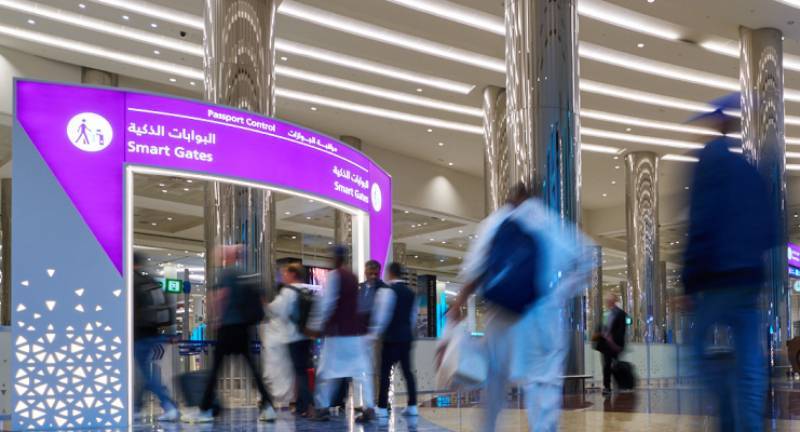Travelling to Dubai with an illness? Here’s what you need to know
Infected individuals must stay put unless DHA approves movement

Planning a trip to Dubai? If you’re dealing with – or even suspected of having – a communicable disease, there are strict rules you must follow under a new public health law passed in 2025.
Issued under Law No. (5) of 2025 and approved by His Highness Sheikh Mohammed bin Rashid Al Maktoum, Vice-President and Prime Minister of the UAE and Ruler of Dubai, the law introduces mandatory protocols for sick travellers and residents alike.
Infected individuals must avoid contact with others and are prohibited from travelling or moving, unless they're visiting a healthcare facility – and only then with approval from the Dubai Health Authority (DHA). Concealing illness or spreading infections, whether intentional or not, is now strictly prohibited.
Do you need to declare your illness when entering Dubai?
Yes. All travellers arriving in Dubai must declare if they are suffering from, or suspect they may be suffering from, a communicable disease. At all entry points – including airports, seaports, and land borders – visitors are required to provide health-related information if requested by authorities.
Mask-wearing and physical distancing aren’t optional; they are required under the law, as per approved public health guidelines. Travellers must also comply with hygiene measures and follow all directions issued by the DHA and healthcare providers.
Which agencies are involved in enforcing these measures?
Several government entities have designated roles under the law. These include the Dubai Health Authority, Dubai Municipality, Dubai Environment and Climate Change Authority, Dubai Academic Health Corporation, and the Dubai Corporation for Ambulance Services. Each is responsible for managing health standards within their respective sectors.
Healthcare providers – both public and private – licensed by the DHA must ensure individuals comply with disease prevention measures. Any breach, including failure to report symptoms or non-compliance with hygiene protocols, could result in penalties.
What else is covered under this law for public safety?
Beyond travel, the law lays out comprehensive public health responsibilities across food safety, environmental health, and consumer product regulation. Food establishments are required to meet updated safety standards, while strict controls have been introduced for tobacco use and pest control – mainly enforced by Dubai Municipality.
It also outlines mandatory compliance rules for labour accommodations and the built environment, ensuring that communal living spaces adhere to proper health and hygiene practices.
When does this law come into effect?
The law supersedes any conflicting previous legislation and comes into effect 90 days after publication in Dubai’s Official Gazette. All public and private sector bodies must align their protocols accordingly and cooperate fully in sharing data and reporting health risks.
For anyone planning to visit or reside in Dubai, understanding and adhering to these protocols is now an essential part of travel planning. Whether arriving for business or leisure, knowing the rules can help you stay compliant – and safe.